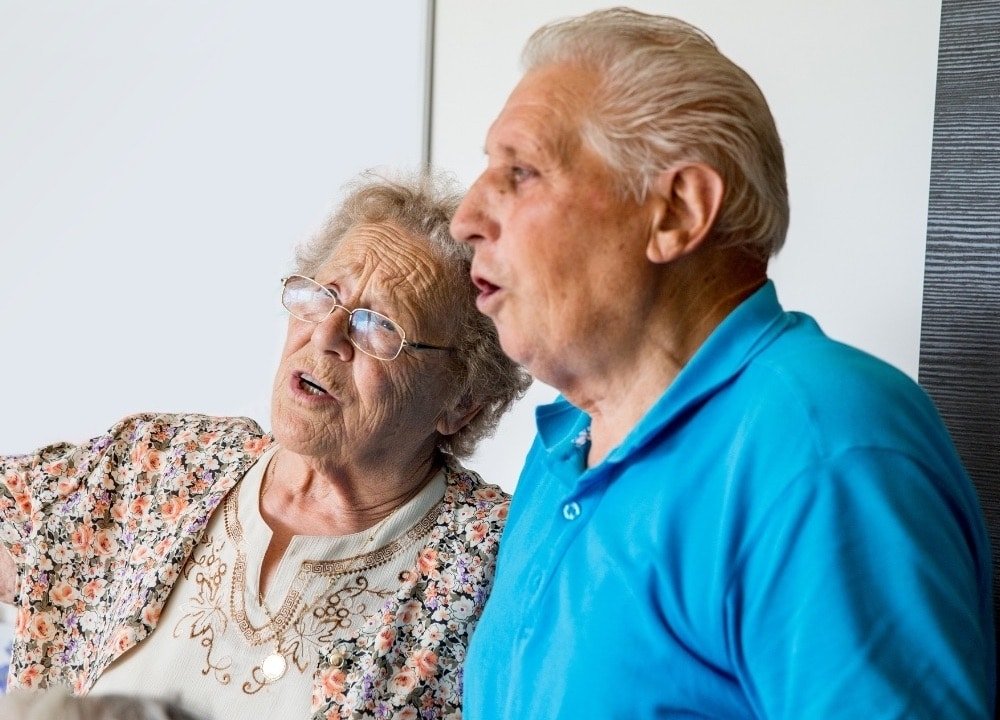When we communicate with persons with dementia, they may say something wrong or untrue and that’s when we start to wonder whether it is right to correct someone with dementia.
When speaking with a person with the illness, it is IMPORTANT to understand that the disease affects how an individual communicates because it causes the brain to malfunction.
Should I correct my grandparent with dementia?
This implies that if a person is saying something that is not true, they may not be doing it on purpose because it is the illness “speaking.”
The reality of persons with dementia may be different from your reality.
This simply means that THEY BELIEVE what they are saying because that’s what their brain is telling them.
Confabulation
While trying to interact with those around them, persons with dementia normally experience confabulation.
We can describe this as memory distortion where individuals express false information to others.
2 Reasons for confabulation

There are two primary reasons confabulation may occur and these are:
1. The details were not encoded properly in the brain.
Some distractions may occur while the details were being processed preventing them from being completely or correctly inputted into the brain’s memory.
2. Over-Learned details may be more dominant.
For instance, interesting stories, well-known facts, or typical life habits may rise to the forefront in an individual’s mind.
This ends up pushing out other specific facts. This may cause a person to lean more on inaccuracies instead of the truth.
The main reason memory and encoding are impaired in dementia are that the disease affects the hippocampus area in the brain.
This is the section that is responsible for encoding and memory.
To answer the query on whether it is right to correct someone with dementia: It is not.
Most of the time, it is better to be kind rather than be right.
People with the illness are already going through so much because of all the changes happening in their brain; hence, need a break once in a while.
Correcting a person with the illness may only lead to arguments that can agitate a person resulting in more behavioral problems.
It’s better to be kind rather than right
Trying to use reason and logic to try and explain why the affected person is wrong is likely to cause defensiveness, confusion, anger, agitation, or acting out with challenging behavior.
Going along with what a person is saying may work best.
Agreeing with persons who have dementia will not do any harm and it will make them feel happier and calmer.
But then the question comes, “Do you tell a person with dementia the truth?”
It is important to know that you should not lie to them with some exceptions where white lies are necessary.
For the most part, it’s better to stay on their side, following a person’s REALITY, which can be referred to as therapeutic fibbing.
This is all about agreeing or saying some things that are not true to avoid causing people with dementia distress.
It also makes them feel comforted and safe.
Closing Remarks
Communicating with a person who has dementia may be quite challenging at times especially if they are not making sense of whatever they are saying. It is clear that, should you correct someone with dementia, it will cause confusion and upset.
Although it may be tempting to correct someone with dementia, do not fall into this temptation.
Instead, try and meet the affected person where they are always practicing understanding, patience, kindness, and love during conversations.
























